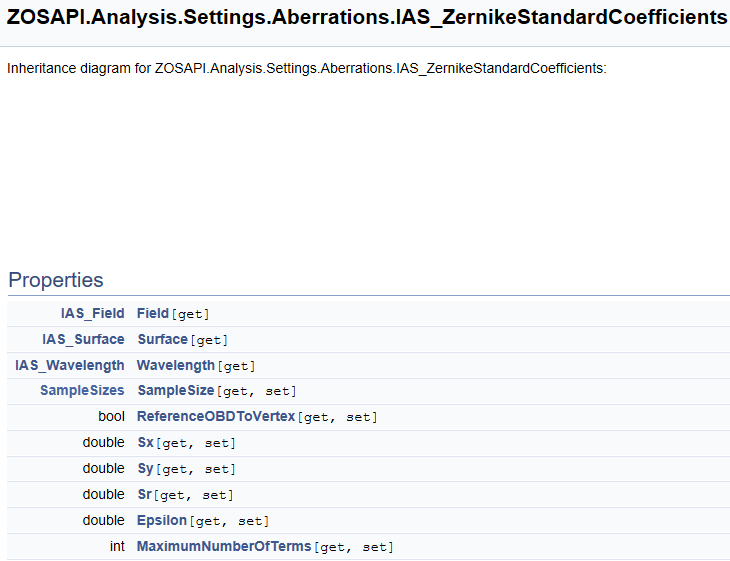My codes (that were working with the 2024 version) do not work anymore with the 2025 release.
This is the error I get:
Unhandled Exception: System.IO.FileLoadException: Could not load file or assembly 'ZemaxEngine.dll' or one of its dependencies. A dynamic link library (DLL) initialization routine failed. (Exception from HRESULT: 0x8007045A).





